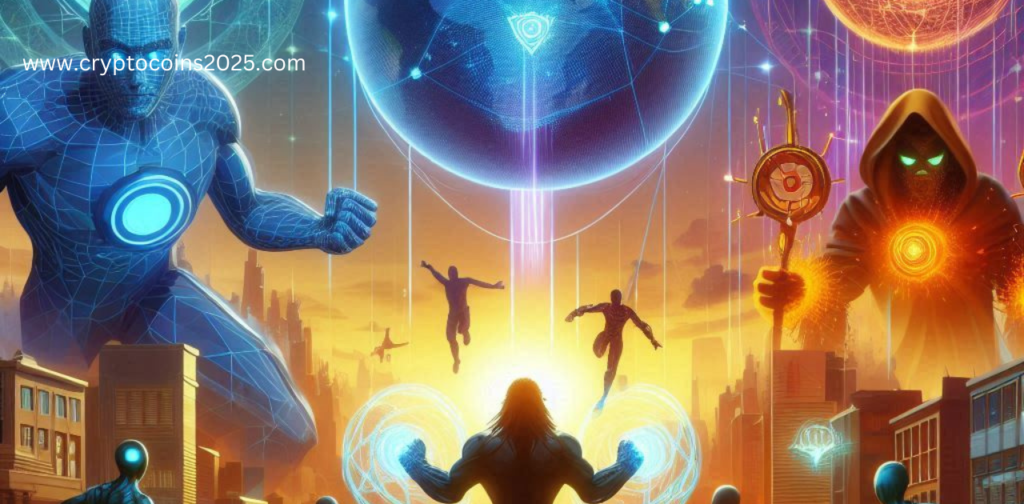Contents
When titans clash: quantum computing and the future of encryption
Encryption, the lifeline of online security, is facing a formidable challenge in the rising tide of quantum computing. While conventional computers rely on bits (either 0 or 1), quantum computers harness the bizarre world of quantum mechanics, using qubits that can exist in both states simultaneously. This mind-boggling feature allows quantum computers to tackle problems that take classical computers centuries to solve, including potentially breaking the encryption schemes that protect our data.
The weakness of modern encryption

Current encryption methods, such as RSA and ECC, rely on the mathematical difficulty of factoring large numbers or solving the Elliptic Curve Discrete Logarithm problem. For classical computers, these problems are intractable. However, quantum computers using the power of superposition and special algorithms such as Shor could potentially crack these codes in no time.
- Factoring threat: Shor’s algorithm allows quantum computers to efficiently factor large numbers, which essentially reveals the private key from the public key in RSA encryption. This could compromise sensitive information such as emails, financial records, and even national security secrets.
- Search optimization: Grover’s algorithm provides quantum computers with another way to bypass encryption. By exploiting superposition, it can substantially speed up searches for hidden data within a database, potentially weakening symmetric encryption algorithms.
Table: Weak vs. quantum-resistant cryptography

| Encryption scheme | Weak | Quantum-resistant alternatives for quantum computers |
|---|---|---|
| RSA | Yes (Shor’s algorithm) | Lattice-based cryptography, Multivariate cryptography |
| ECC (Elliptic Curve Cryptography) | Potentially (depending on the curve) | Lattice-based cryptography, Isogeny-based cryptography |
Symmetric encryption (AES, etc.) | Probabilistically (Grover’s algorithm) | Large key sizes, Hash-based cryptography |
The race for quantum-safe solutions
The threat of quantum computing has fueled a global race to develop post-quantum cryptography (PQC). These new algorithms are designed to be resistant to attacks from both classical and quantum computers. Researchers are exploring various avenues, including lattice-based cryptography, multivariate cryptography, and code-based cryptography.
While PQC algorithms are being actively developed and standardized, implementing them into existing infrastructure presents a significant challenge. Ensuring a smooth transition to a quantum-resistant future will require a coordinated effort from governments, tech companies, and individuals.
Frequently Asked Questions on Quantum Computing and Encryption
- When will quantum computers become a real threat?
The timeline for achieving large-scale quantum computers capable of breaking encryption is uncertain. Estimates range from a decade to several decades. However, it is important to begin the transition to PQC now to ensure data security in the long term.
- Will all my data become insecure?
Not necessarily. Data encrypted with PQC algorithms will remain secure even in the face of quantum attacks. However, converting existing data to new encryption standards will be a complex process.
- What can I do to prepare?

Stay updated on advances in PQC and advocate for its adoption in the industries you are involved in. Look for future software and hardware updates that implement quantum-resistant cryptography.
The confrontation between quantum computing and encryption is a race against time. By actively adopting PQC solutions, we can protect our data for the quantum era and cross this technological threshold with confidence.

